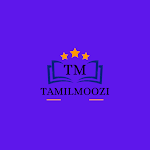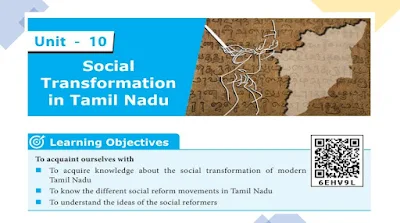Introduction
• Europeans established their political powerover Indian subcontinent in the latterhalf of the eighteenth century.
• While they were concerned with annexingIndia, by the beginning of the nineteenthcentury they were reorderingIndian society.
•New revenue settlements were made.
•Influenced by British Utilitarian ideas andevangelicals they also tried to imposetheir cultural superiority over theIndian people.
• This caused a reaction among the Indians.
• During the nineteenth century, educated Indiansfrom different parts of the country beganto feel the humiliation and responded byseeking their socio-cultural identity from theirpast.
• However, they understood some merits in thecolonial arguments and were ready to .reform
• It resulted in the social and religious reform movementsin modern India.
• This particular historical development is also identifiedas the Indian renaissance.
• Renaissance is an ideological and cultural phenomenon
• It is closely tied to modernity, rationalism andthe progressive movement of the society
• Critical thinking is at its root.
• This ideology of humanism stimulated creativeenergy in all spheres of social life andknowledge such as language, ,literature philosophy, music, painting,architecture etc.
Advent of the Printing Technology
• Tamil was the first nonEuropean language thatwent into print.
• As early as in 1578, Tamil book, ,ThambiranVanakkam was published from .Goa In 1709, a full-fledged printing press had beenestablished thanks to Ziegenbalg in Tranquebar
• Thirukkural was one of the earliest Tamil literarytexts to be published in 1812.
• This led the resurgence of interest among Tamilscholars in publishing the more ancient Tamilclassics around that period.
Advent of the Printing Technology
• In the nineteenth century, Tamil scholars likeC.W. Damotharanar (1832–1901), and U.V. Swaminathar (1855–1942) spent their lifetimein the rediscovery of the Tamil classics
• C. W. Damotharanar collected and edited differentpalm-leaf manuscripts of the Tamilgrammar and literature.
• His editions included such texts as ,Tolkappiyam Viracholiyam, Iraiyanar-,Akapporul IlakkanaVilakkam, Kaliththokai andChulamani.
Advent of the Printing Technology
• In 1816, F.W. Ellis (1777–1819) who founded the Collegeof Fort St George, formulated the theory thatthe south Indian languages belonged to a separatefamily which was unrelated to the Indo- Aryanfamily of languages.
• Robert Caldwell (1814–1891) expanded this argumentin a book titled, A Comparative Grammarof the Dravidian or South Indian Family ofLanguages, in 1856.
• He established the close affinity between the Dravidianlanguages in contrast with Sanskrit and alsoestablished the antiquity of Tamil.






0 கருத்துகள்